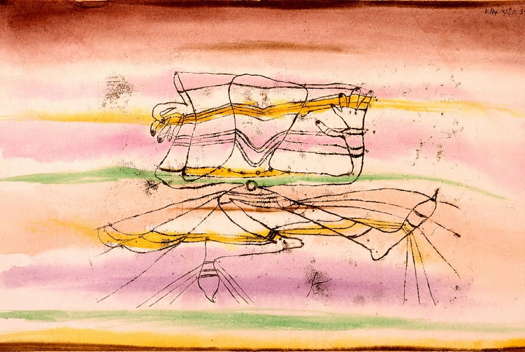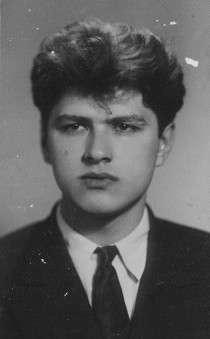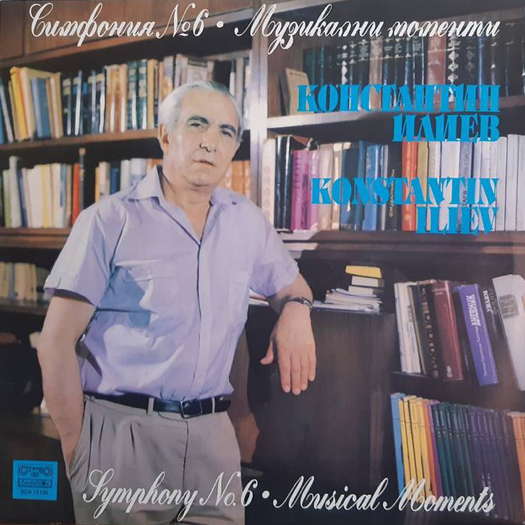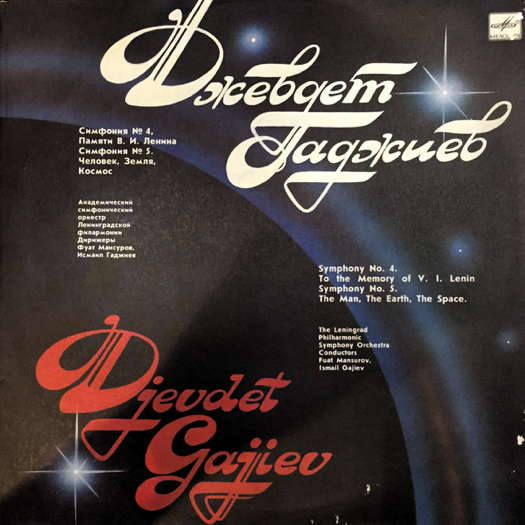 RESOUNDING ECHOES: Beginning in 2022, Robert McCarney's occasional series features little-known twentieth century classical composers.
RESOUNDING ECHOES: Beginning in 2022, Robert McCarney's occasional series features little-known twentieth century classical composers.
Champions of Oblivion
This week's chosen few I have named champions of oblivion because not only, to the best of my knowledge, are the five selected works absent from the current catalogue (indeed some of them have never been commercially recorded in any format) but also because the composers themselves have little or no representation of any kind in the form of currently commercially available recordings. This situation is in no way an appropriate or adequate reflection of the sheer musical quality of these works in particular or of these composers' output more generally. I have managed to hear these five works in some form or other over the years but beyond this lies the vast realm of ultraoblivion, by which I mean the enormously tantalisng domain of music that I have never even heard but would dearly wish to. I say this just to make clear how wide the galaxy of oblivion is, for any would-be voyagers, and how far some of these echoes have to travel in order for their wavelengths to be picked up by any intrepid listeners.
1: Denis ApIvor (1916-2004):
Overtones (1962)
Although born in Ireland in an extremely fateful month Denis ApIvor was a Welsh composer who spent most of his adult life working in the medical profession. He has a rich catalogue of a hundred works very few of which have ever been recorded. Operas, ballets, symphonies, string quartets, all there crying out to be taken off the shelf, into a studio and put on to some medium of recorded sound. As an example of what we are missing I have chosen his piece Overtones. It is a piece for orchestra, although deployed in a wonderful chamber-like fashion, inspired by nine paintings of Paul Klee, the first of which – Schleiertanz – is displayed below, for which he also wrote prose introductions. This seems wholly fitting as Klee always played with the idea that a painting was as much a page to be read as an image to be looked at. So suggestive is Klee's art that it is not surprising that many composers have also wanted to transform his work into something to be listened to as well, as is the case with this highly evocative piece.

Paul Klee's Schleiertanz, which inspired Denis ApIvor's Overtones
2: Nektarios Chargeishvili (1937-71):
Symphony (1971)
The story of what happened to Georgian composer Nektarios Chargeishvili is an extremely tragic one, made even more so by the fact that his tragedy was not unique. It is a tale of what happens to individuals who refuse to accept the inflexible lunacy of dictatorial regimes and what's more who have the incredible bravery to make their opposition publicly known. Unlike many, he did not end up assassinated or worked, starved of frozen to death in a Gulag. The Soviet authorities devised arguably an even more twisted method to deal with his doctrinal intransigence. They basically made him invisible while he was still alive. They banned his music, took his job and made finding any way to support himself literally impossible which ultimately resulted in his suicide at a horrifically young age. You may want to view this symphony as autobiographical with the massed orchestral forces throttling the lone flute or you may choose simply to hear an incredibly powerful composition for orchestra that shows an enormously talented young composer who left this life in his prime.

Nektarios Chargeishvili
3: Yvonne Desportes (1907-93):
Percussion Concerto No 1 (1957)
Where does one start with the phenomenon that was Yvonne Desportes? I will start by asking where on earth are the recordings of her compositions? There are seemingly about five hundred of them with no more than a few of them currently available. If writing so much music was not enough for one lifetime, she also worked as a professor of music, wrote some thirty books and raised three children. You may think that it is not so difficult to write so much if the music in question is very derivative but everything I have heard by Desportes has a sparkling individuality. I have chosen her first percussion concerto, one of the earliest examples of such a piece. One of the most gratifying discographic happenings last year was the launch of the label La Boîte à Pépites with a three CD issue of the music of Charlotte Sohy. This label seems like the ideal home for a similar project dedicated to the music of Yvonne Desportes, at least for starters.

Yvonne Desportes
4: Konstantin Iliev (1924-1988):
Moments Musicaux (1971)
If Konstantin Iliev is known at all today it is almost solely as a conductor which when you hear a composition of his such as this seems an incredible injustice. I do not wish to undermine his talents as a conductor but for me first and foremost he was an extraordinary composer. My first encounter with this piece caught me completely off-guard as I heard it via a Spanish Sunday afternoon radio broadcast; not normally the most propitious source for life-changing musical encounters. It left me reeling for days and further investigation of his compositions (uniquely available through old Bulgarian Balkanton LPs) has only heightened my estimation of him as a composer.

Konstantin Iliev: Symphony No 6; Musical Moments. © Balkanton
5: Jovdat Hajiyev (1917-2002):
Symphony No 5 Man, Earth, Space (1972)
I don't wish to repeat myself in trying to describe another piece of music with various extreme adjectives none of which ever get close to doing the piece in question justice, so I will simply urge you to listen to this. You may have some trouble in trying to track down Azerbaijani composer Jovdat Hajiyev as his name - like many that are originally written in a non-Latin script - has been transcribed in numerous variations.

Djevdet Gajiev: Symphony No 4: To the Memory of V I Lenin; Symphony No 5: The Man, The Earth, The Space
This symphony as you may well intimate from its subtitle is not backward in coming forward, as my mother would say. I think it and the Chargeishvili above would make an excellent pairing for an upcoming edition in Chandos Records' Voices From The East series. While they are at it they could very well dedicate another to Konstantin Iliev on his own.
Copyright © 5 March 2023
Robert McCarney,
Dublin, Ireland





